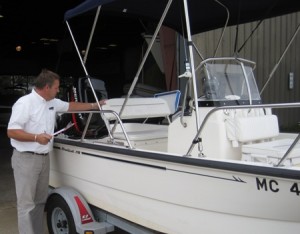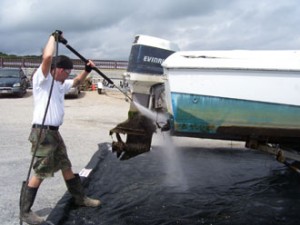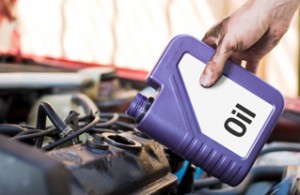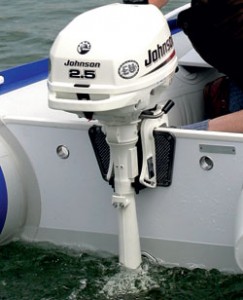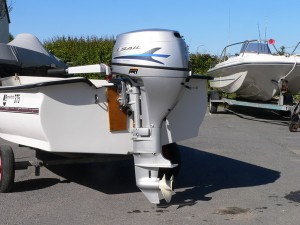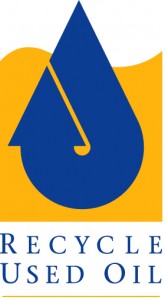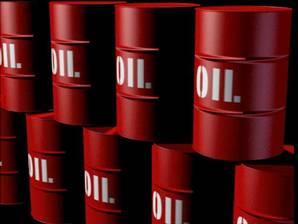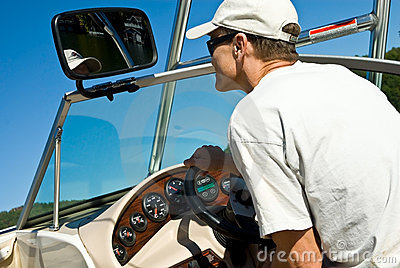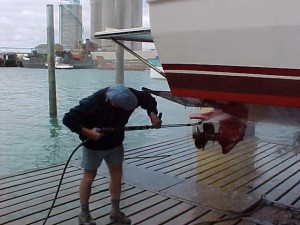Testing Synthetic Oil
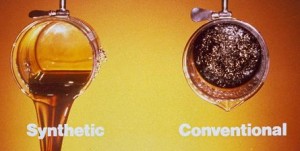
Synthetic oil is made from synthesized and modified petroleum compounds as opposed to whole crude oil. In extreme temperatures, synthetic oil often works better than traditional oils. To figure out which synthetic oil outboard motor oil is right for your vehicle; spend some time testing different brands. The first step, of course, is to simply check the labels to see what additives are in the oil.
Next, you will want to test the viscosity of the oil by pouring the oil through a funnel into a canister. You’ll want to observe the thickness and flow of the oil. If the synthetic oil meets all of your standards, then you know that you have a winning brand on your hands!


